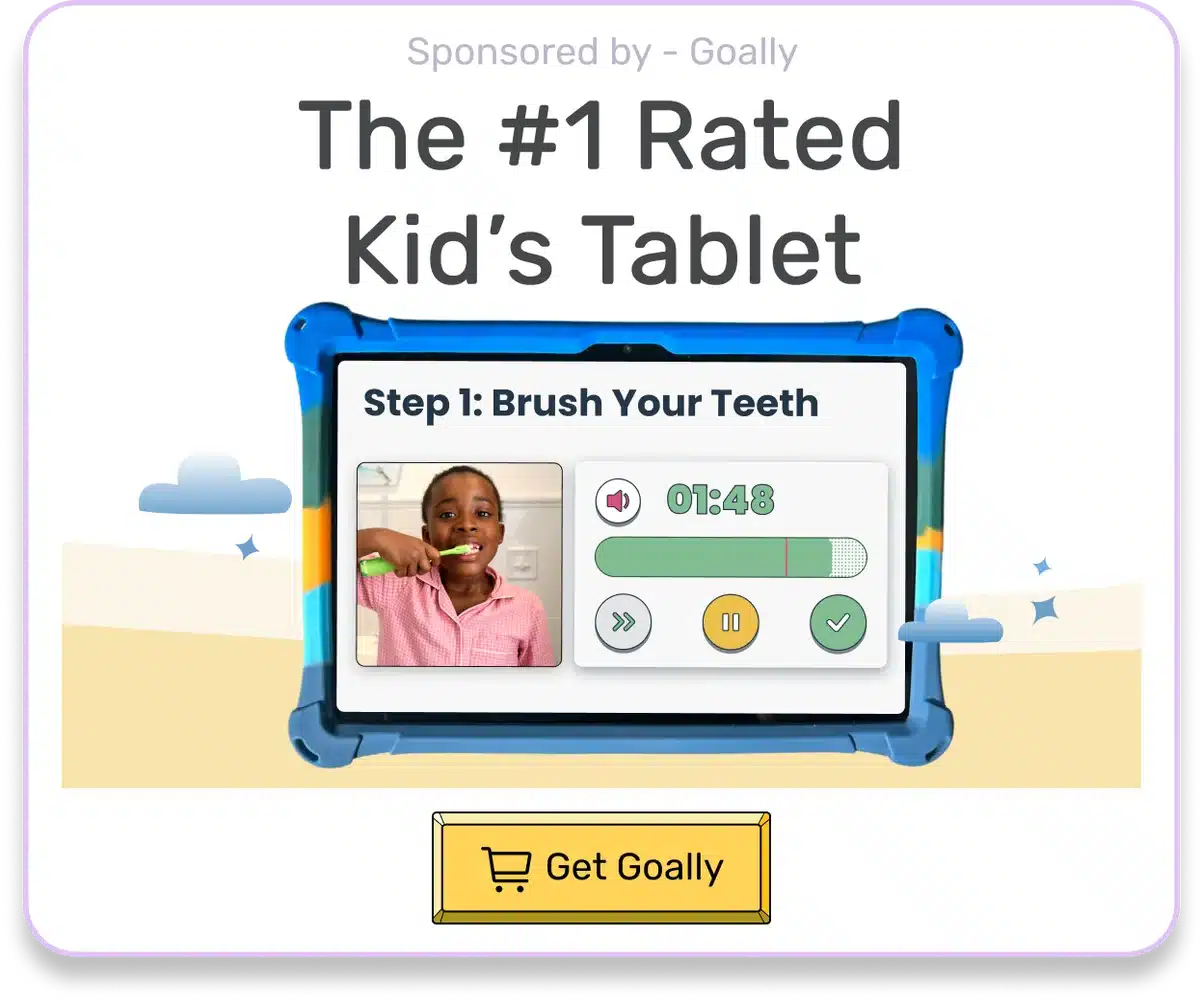15% of all public school students receive special education under the Individuals with Disabilities Education Act (IDEA). Special education plays a vital role in supporting children who need extra help to thrive and succeed in school. By understanding if your child qualifies for these services, you can make informed decisions that will set them up for success. So let’s dive into the world of special education qualification!
Table of Contents
Disabilities as Defined by IDEA
When we talk about special education, one key law comes to mind – the Individuals with Disabilities Education Act (IDEA). This law ensures that all students with disabilities receive an appropriate public education tailored to their unique needs.
IDEA recognizes 13 disability categories under which a child might qualify for special education services:
- Autism: This category includes kids on the autism spectrum who have challenges with social interaction, communication, and repetitive behaviors.
- Deaf-blindness: Children who are both deaf and blind face significant obstacles in communication and learning.
- Deafness: Kids who are deaf or hard of hearing may require additional support like sign language interpreters or other accommodations to access information in class.
- Emotional disturbance: This term covers mental health conditions that significantly impact a student’s ability to learn or function at school.
- Hearing impairment: Similar to deafness but less severe – these kiddos might still benefit from assistive devices like hearing aids or FM systems.
- Intellectual disability: Students with below-average intellectual functioning may struggle more than their peers when it comes down to problem-solving or academic tasks.
- Other health impairments (e.g., ADHD): Some kids deal with chronic health issues such as attention deficit hyperactivity disorder (ADHD) which can affect focus and impulse control during school time.
Each of these categories has specific symptoms and characteristics that may be observed in your child. By understanding these categories, you’ll have a better grasp of what qualifies a child for special education.

Read more: Does My Child Qualify for Medicaid?
Evaluation by IDEA
So, you’re wondering whether your child might benefit from special education services? The first step is an evaluation process that looks at their unique needs and abilities. This can include various assessments and observations conducted by professionals like psychologists, speech therapists, or occupational therapists.
Goally | The Safest Tablet for Kids

Keep in mind that these evaluations are typically carried out by school personnel or independent evaluators who have experience with children’s educational needs. It’s important to know that you can always ask for an independent evaluation. Especially if you feel the school’s assessment doesn’t paint the full picture of your child’s situation. Remember, IDEA has specific guidelines and timeframes set forth for evaluations. This is to ensure they’re done fairly and accurately within a reasonable time frame.
Read More: Free Resources for Parents With Special Needs Child
Developmental Delay
Now let’s chat about developmental delays – what are they? Well, these are when kids lag behind their peers in reaching certain milestones like speech development, motor skills (think crawling or walking), or cognitive abilities (such as problem-solving). It might be confusing how developmental delays differ from disabilities. But here’s the deal: while some children may have permanent disabilities that impact their learning (like autism), others may simply need more time to catch up with their peers due to temporary setbacks (like a late talker). In both cases, though, if these issues significantly affect a child’s capability to learn and succeed in school, they could still qualify for special education services!

Read more: Speech Delay Test for Kids
As far as age requirements go – under federal law – kids must generally be between 3-9 years old to be considered “developmentally delayed.” But remember each state has its own criteria too! So make sure to check what applies where you live when exploring what qualifies a child for special education based on developmental delay.
Eligibility for Special Education Based on Developmental Delay
To be eligible for special education based on a developmental delay, there must be a significant discrepancy between your child’s age-appropriate development levels and their current abilities. This means that they’re struggling more than just a little bit when compared to their peers.
Once eligibility is established, it’s time to create an Individualized Education Program (IEP). This process involves you, your child’s teachers, and other professionals working together to design an educational plan tailored specifically to your child’s unique needs and goals. With special education programs in place, students may receive accommodations (like extra time on tests), modifications (such as reduced homework assignments), or specialized instruction designed to help them succeed academically!
Tips for Parents Seeking Special Education
| Step | Action |
|---|---|
| 1 | Notice early signs of difficulties in communication, social skills, academics, or behavior. |
| 2 | Request an evaluation through the school system if you suspect your child could benefit from special education services. |
| 3 | Gather documentation of concerns (report cards, teacher feedback) and communicate openly with school staff. |
| 4 | Be proactive during the IEP planning phase, attend meetings, and advocate for your child’s needs. |
| 5 | Seek support from local organizations, parent groups, or online resources dedicated to special education. |
| 6 | Remember that you’re not alone when figuring out what qualifies a child for special education! |
Goally | Apps To Support Child Development
Looking for fun ways to help your child learn life skills? Try Goally! The Goally tablet comes with award-winning learning apps and video classes to help kids develop the skills they need to become independent with FUN & evidence-based practices.

Our apps teach executive function, language, emotional regulation, finger dexterity skills, and more.
As your child develops new skills, you can increase the difficulty level of the tasks in the app to challenge and motivate them even further. This helps your child grow and progress at their own pace, while also keeping them engaged and excited about their development.

As we wrap up, let’s remember the importance of understanding what qualifies a child for special education services. Stay informed about your rights under IDEA and be proactive in seeking appropriate support. Keep in mind that early intervention is key. It can make all the difference in helping children with disabilities, or developmental delays reach their full potential! So take action today, dear parents – you’ve got this!
FAQs About What Qualifies a Child for Special Education
What qualifies a child for special education services? A child qualifies for special education services if they have a documented disability that significantly impacts their learning and requires specialized instruction or support.
What is a visual schedule and how does it help children with special needs? A visual schedule is a tool that uses pictures or symbols to represent daily activities, helping children with special needs understand routines, transitions, and expectations.
How do emotional regulation apps benefit children with special needs? Emotional regulation apps help children with special needs by teaching them strategies to recognize, understand, and manage their emotions, leading to improved behavior and social skills.
What are some common rewards used to motivate children in special education? Common rewards for children in special education include praise, stickers, extra playtime, or access to a preferred activity, all of which reinforce positive behavior and encourage growth.
How can parents support their child's special education journey? Parents can support their child's special education journey by staying informed, collaborating with educators, advocating for their child's needs, and providing a supportive home environment.
This post was originally published on 04/03/2023. It was updated on 12/21/2023.

Goally
We help parents teach their kids life skills, like doing bedtime and morning independently. Backed by science, we incorporate evidence-based practices and expert-informed designs in all of our apps and content.






